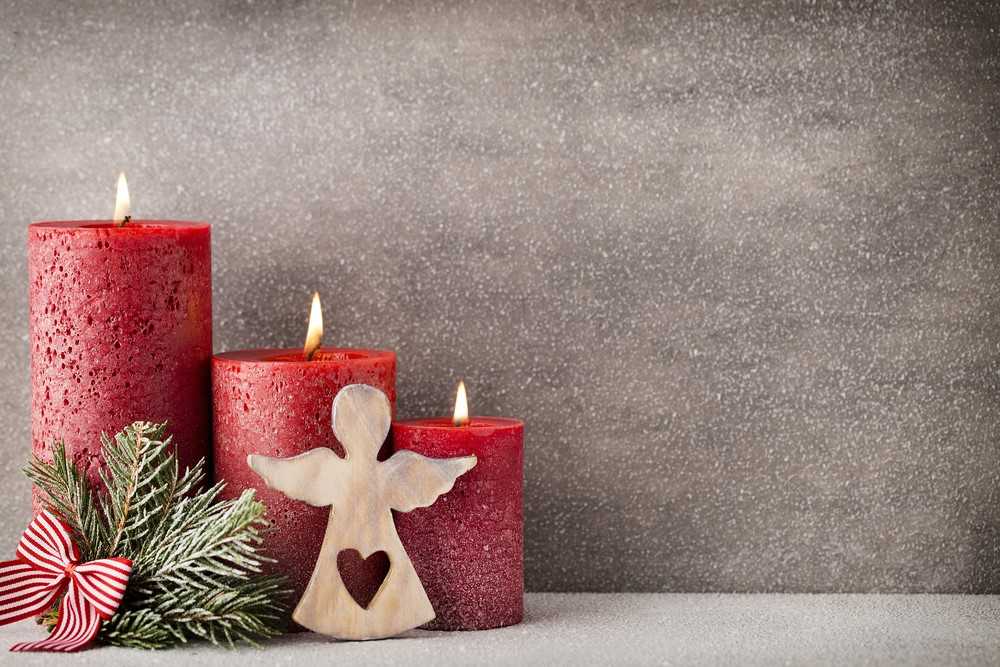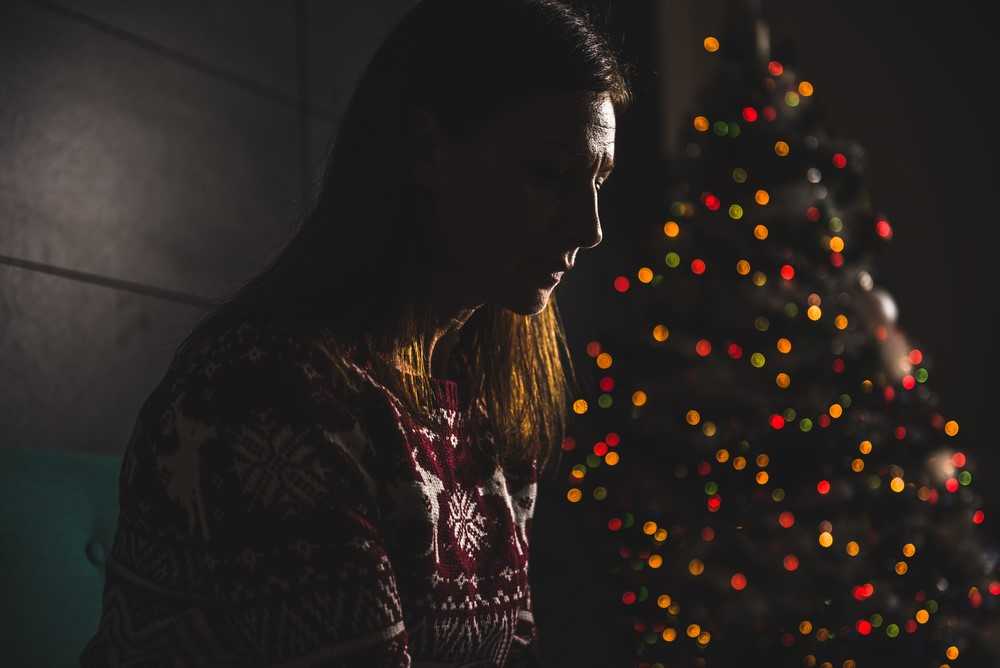The first holiday season after losing a loved one is, in many ways, more difficult than any other part of the grieving process. Christmas is often focused around family traditions that now look different, and it is tied to so many senses, which are powerful memory retrievers. For example, the scent of baking cookies may remind you of your mom baking them every year, or the sound of your spouse’s favorite Christmas song may trigger a memory of your first Christmas together.
Unfortunately, others might not know how to treat you during this time, which may result in it seeming like they are walking on eggshells around you. They may over-include you in things, coming on too strong when inviting you to gatherings, or not include you at all because they think the experience may be too painful for you. Remember, they are trying to spare you pain in most cases and act with the best of intentions.
It’s important to plan ahead around the holidays so you can address your grief proactively and healthily. Accepting grief, honoring a loved one’s memory with a personalized Christmas gift or including your loved one in the day are all viable strategies.
1. Allow Yourself to Feel Whatever You Need to Feel
The most important thing to remember is that whatever you feel during Christmas is okay. Some people throw themselves into festivities, trying to make the season feel as normal as possible. Others completely disengage from the holidays and choose not to celebrate at all. Most, however, find themselves somewhere in between and veer from one extreme to the other even within the same day.
No matter where you are or what you feel, understand that it’s natural and part of the healing process. Grief is a wave, and it’s normal for it to come and go when you least expect it. Take time for yourself and do what you can, when you can. Be honest with your loved ones. If something is too overwhelming, tell them so.

2. Find a Way to Honor Your Loved One’s Memory
It can be difficult to celebrate the holidays without your loved one around, so find a way to honor their memory intentionally to help you handle your grief at fixed points, like a memorial service or watching their favorite holiday movie.
● Attend a Memorial Service
Funeral homes often host a memorial service every holiday season for people who have lost loved ones over the past year. Not only does this help you honor your loved one’s memory, but these events also allow you to connect with others who are experiencing the same sense of loss. Grief can be lonely when it seems like no one understands what you’re experiencing, but everyone present at this event understands what you are going through.
● Light a Candle or Make a Prayer Request at Your Church
If you or your loved one was religious, seek comfort in your church. Light a candle in their memory, ask church members to pray for your loved one or participate in a tradition within your faith.
● Purchase a Special Christmas Ornament
Personalized family Christmas ornaments are a great way to memorialize a lost loved one. Include a memory from the last Christmas you had together or from a family tradition. Then, give one to each family member as a sweet memory of their loved one.
Memorial Christmas ornaments brighten your tree while including your loved one in the tree decorating. They come in many varieties and can consist of photos or their names. As you trim the tree each year, these memorial Christmas ornaments provide a moment for you to reflect on your loved ones and include them in the festivities, especially since the tree is often a focal point for Christmas.
3. Make New Memories
Forging new memories is especially important if you have younger children who are also dealing with their grief. While it’s okay to continue some traditions in honor of the loved one you’ve lost, you need to create some new memories to move on.
● Volunteer
Choose your loved one’s favorite charity, or help out somewhere that does work they would approve of. For example, if they experienced poverty in their lives, help organize a gift drive for children in need at your church. If they always had an empty place ready at the table for anyone who happened to drop by, take meals to people you know need them.
● Skip the Home-Cooked Meal
Grief often manifests in physical symptoms, like tiredness, that may make the traditional meal a challenge to prepare and enjoy. So instead, go out to a restaurant with the family or order catering. That way, you can reserve your energy for handling your grief rather than exhaust yourself cooking and hosting.
● Do Something for Yourself
Grief is challenging and confusing. Take some time to go shopping for yourself or book a trip to the spa during the holiday season. Do something you’ve always wanted to do but never done. Taking time for yourself can help you handle the challenges of the season.
4. Incorporate Your Loved One in the Day
Finding ways to keep your loved one present in the season can provide comfort by reminding family and friends that the person lives on in your hearts.
● Enjoy Their Favorite Holiday Album or Holiday Movie
Watch their favorite holiday movie or listen to their favorite holiday album. Doing so will help you feel close to them. Set some time aside for yourself and hit play. There may be tears and sadness, but by choosing to face this on your own, you won’t be taken by surprise when it randomly plays while you’re at the mall.
● Make Their Favorite Holiday Treats and Share Them with Others
If Mom’s snickerdoodles always brought joy at Christmas to the family, dedicate time to making them and sharing them with your siblings or cousins. Eating the cookies will help your family and friends recall stories about mom, and soon you’ll be laughing, which can be the best medicine for grief.
● Leave a Chair Open
This tradition is popular at weddings, helping to remind people that even though the person has died, they are still present. Leave a seat at the dinner table open with a sign letting people know their loved one is celebrating with you in heaven.

Grief Is Natural
This Christmas may seem unlike any other, and you may wonder how you will make it through or if the holiday season will ever be normal again. Remember that grief is a natural process, and it never truly goes away. Over time, you will forge new traditions and create new memories, but your loved one will always hold a special place in your heart, especially during the holidays.



Comments are closed.